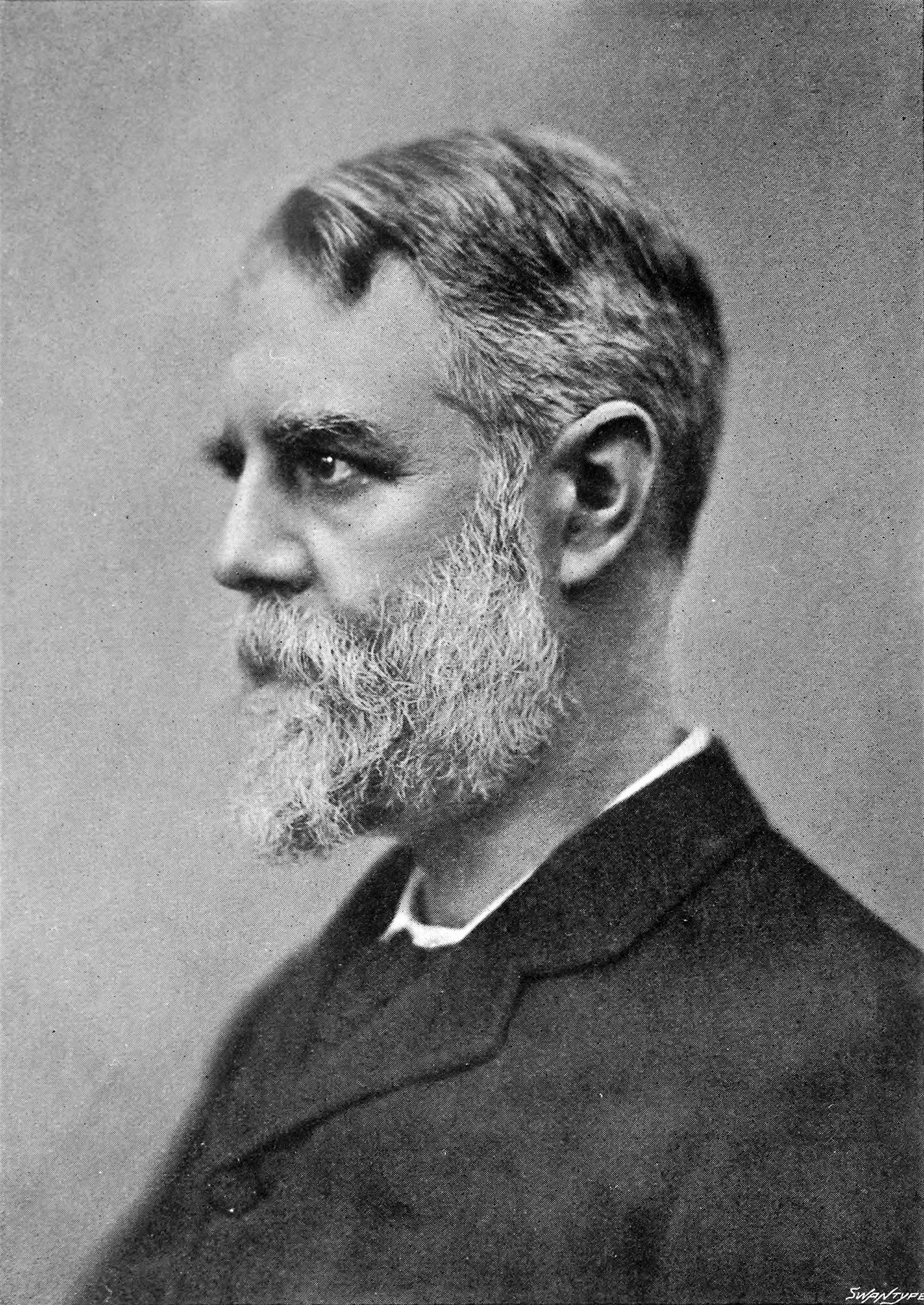By Eloise Moss
Part 1 of this two part series appeared on Tuesday, October 3 2023. You can read it here.
In part one, last week, I discussed the criminal investigation following the sexual assault of five hotel chambermaids in London in 1926. Committed by a wealthy Canadian named Mervyn Brown, these events were sheltered from international scrutiny and mislabeled in the historical record by a carefully-orchestrated cover-up.
The cover-up was documented by frustrated officers of the Metropolitan Police writing in the pages of UK National Archives file MEPO 3/397, anticipating, one assumes, that Brown might commit further crimes, or perhaps more romantically, hoping that a historian of the future would come along to set the record straight.
Notably, there remain impediments to easy identification of the criminal in this case. The National Archives’ online catalogue record for this file fails to name Brown, although his name is written clearly on the front page of the file and the reports inside record his use of aliases. That said, officers still did not discover his full name. ‘Mervyn Brown’ was as far as they got. In addition, they ascertained that
‘The prisoner is a Canadian by birth, and has business interests in Toronto and Winnipeg. He is in this Country, among other things, in connection with the Imperial Scheme, for the sending out of 50,000 English families to Canada as Settlers. He is a broker by profession, and is apparently a man of substance, holding a high position in Canada.’
These notes offered helpful clues to begin my research. Further intrigue was presented by British newspapers, who referred to Brown as a ‘clerk,’ a lower-middle class profession, but with some confusion also described him as a wealthy man of independent means.[1]
Indeed, ironically, headlines celebrated the prosecution and fine of ‘Martin’ Brown as a victory for democracy. Quoting Judge Atherley Jones’ pronouncement that ‘no suspicion should go forth that persons of high social position are treated differently from persons in a lower station,’ journalists quietly minimised the absence of a sentence of imprisonment for a man who had committed a series of violent sexual assaults on two separate occasions.[2]

Reynolds Illustrated News, November 21 1926
A second, critical set of connections was provided by Brown’s network of friends, who not only came to his financial aid, but also acted as accomplices-after-the-fact, applying pressure on the Directors of the Regent Palace Hotel to drop the prosecution and (one logically assumes, given Walter Grant Morden’s position as newspaper proprietor) exerting their influence over the press reportage.
As such, not only the existence of their friendship, but the risks these high-profile men were willing to take to suppress the incident from wider public scrutiny, suggested a complex set of social, political, and possibly economic stakes attached to Brown’s reputation.
So who was Mervyn Brown? Continue reading →







